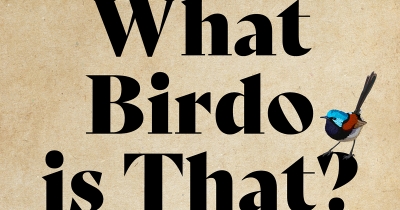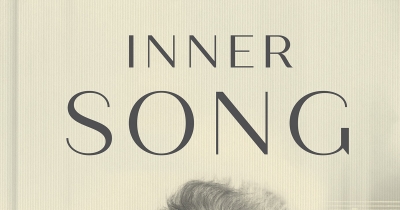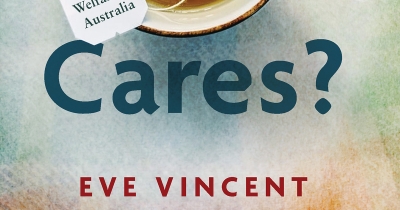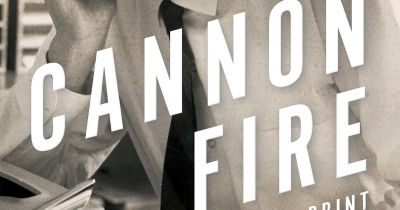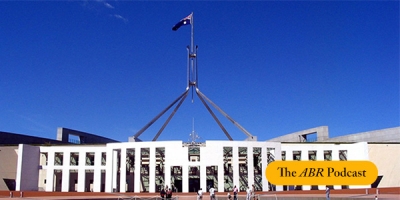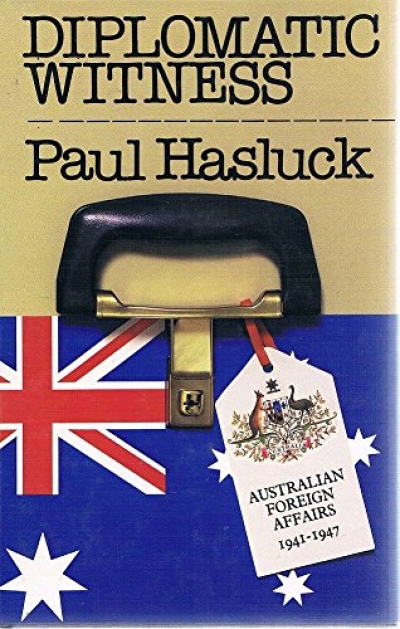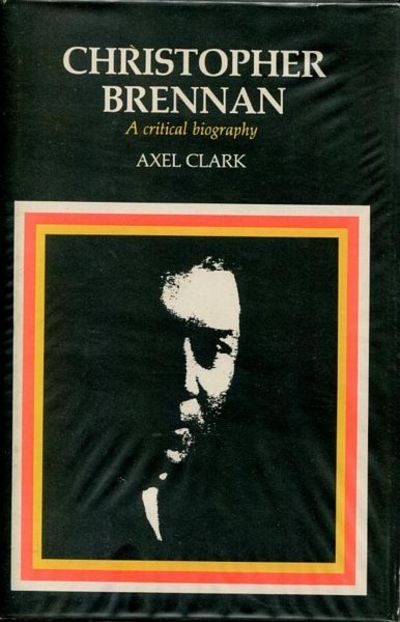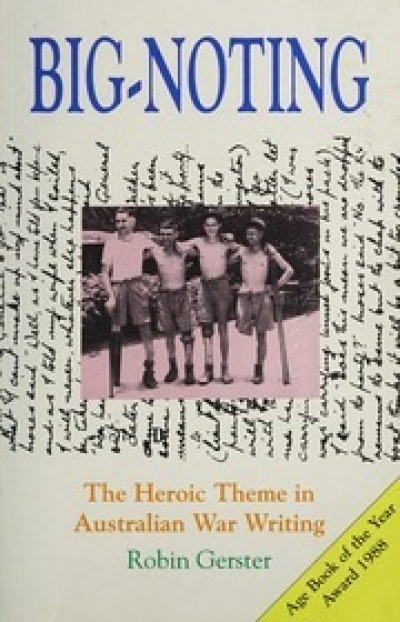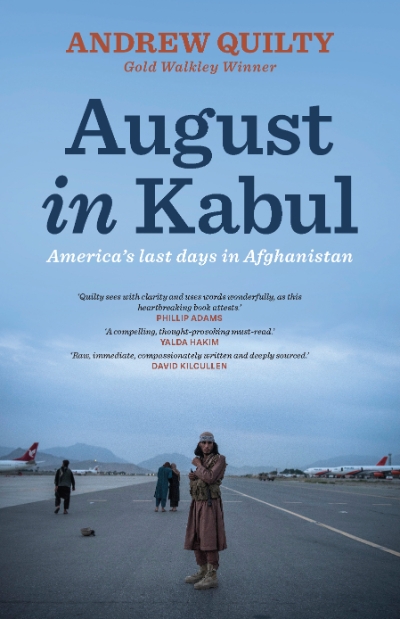Accessibility Tools
- Content scaling 100%
- Font size 100%
- Line height 100%
- Letter spacing 100%
Melbourne University Press
The ABR Podcast
Released every Thursday, the ABR podcast features our finest reviews, poetry, fiction, interviews, and commentary.
Subscribe via iTunes, Stitcher, Google, or Spotify, or search for ‘The ABR Podcast’ on your favourite podcast app.
‘Where is Nancy?’ Paradoxes in the pursuit of freedom
by Marilyn Lake
This week on The ABR Podcast, Marilyn Lake reviews The Art of Power: My story as America’s first woman Speaker of the House by Nancy Pelosi. The Art of Power, explains Lake, tells how Pelosi, ‘a mother of five and a housewife from California’, became the first woman Speaker of the United States House of Representatives. Marilyn Lake is a Professorial Fellow at the University of Melbourne. Listen to Marilyn Lake’s ‘Where is Nancy?’ Paradoxes in the pursuit of freedom’, published in the November issue of ABR.
Recent episodes:
What Birdo is That?: A field guide to bird people by Libby Robin
Unlike in the United States and several other Western nations, Australian governments are under no compulsion to consult parliament before sending troops to war. In Subimperial Power: Australian in the international arena, Clinton Fernandes argues that this reflects, and furthers, Australia’s longstanding ambition in foreign affairs, which is to demonstrate its usefulness to the United States. In this week’s ABR Podcast, Kevin Foster, an academic at Monash University who has published widely on war in the Australian media, reviews Subimperial Power.
... (read more)

